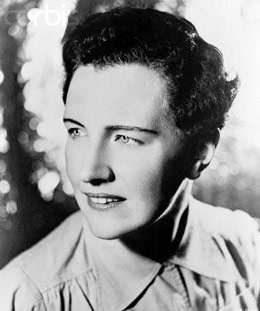A Quote by David Benioff
'Troy' is an adaptation of the Trojan War myth in its entirety, not 'The Iliad' alone. 'The Iliad' begins with the quarrel between Achilles and Agamemnon over the slave girl Briseis nine years into the war. The equivalent scene occurs halfway through my script.
Related Quotes
I would suppose I learned how to write when I was very young indeed. When I read a child's book about the Trojan War and decided that the Greeks were really a bunch of frauds with their tricky horses and the terrible things they did, stealing one another's wives, and so on, so at that very early age, I re-wrote the ending of the Iliad so that the Trojans won. And boy, Achilles and Ajax got what they wanted, believe me. And thereafter, at frequent intervals, I would write something. It was really quite extraordinary. Never of very high merit, but the daringness of it was.
The two greatest works of war mythology in the west ... are the Iliad and the Old Testament... When we turn from the Iliad and Athens to Jerusalem and the Old Testament we find a single-minded single deity with his sympathies forever on one side. And the enemy, accordingly, no matter who it may be, is handled... pretty much as though he were subhuman: not a "Thou" but an "It."
The cause of the great War of the Rebellion against the United States will have to be attributed to slavery. For some years before the war began it was a trite saying among some politicians that "A state half slave and half free cannot exist." All must become slave or all free, or the state will go down. I took no part myself in any such view of the case at the time, but since the war is over, reviewing the whole question, I have come to the conclusion that the saying is quite true.




































